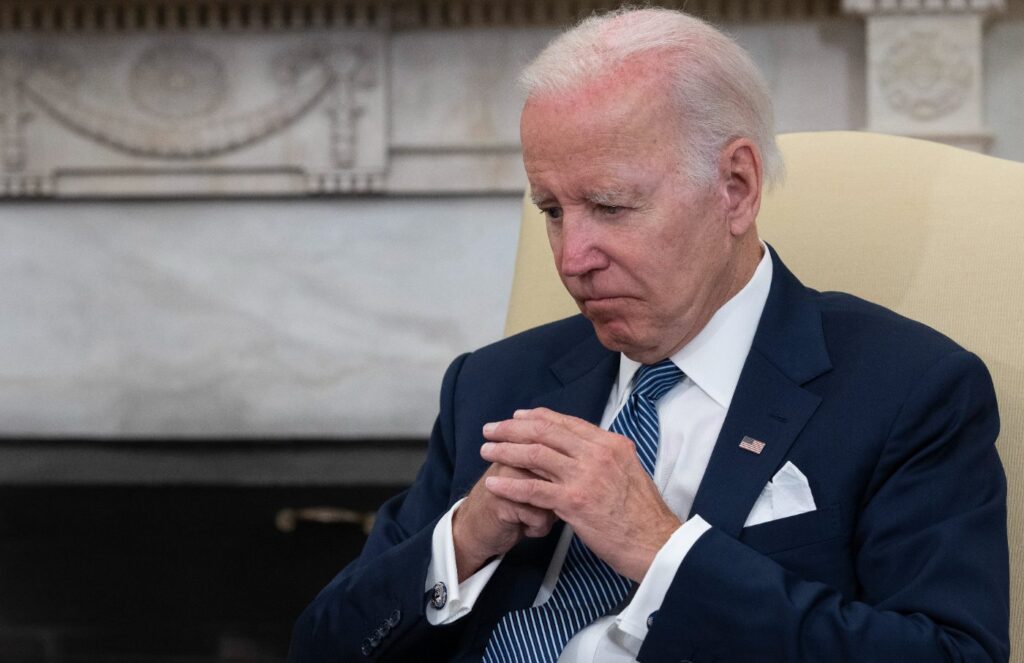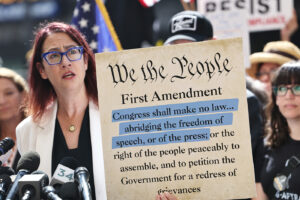July 22, 2022
Joe Biden’s Age Isn’t the Problem
By Lisa Herforth-Hebbert
Rather than substantively critiquing the president’s policies or priorities, even Democrats are now criticizing Biden for being “too old.”

In politics, age is not just a number—it’s a weapon. Recently, we’ve seen it wielded in a spate of articles, from The New York Times to The Atlantic, seeking to attack President Biden’s potential reelection campaign. But such attacks are hardly new, with Biden enduring an avalanche of them in both the 2020 Democratic primary and general elections. In fact, criticizing elderly politicians for lacking sufficient “fight” is among the oldest—and dirtiest—campaign tricks in American politics.
It’s part of a simple but devastating playbook. Rather than substantively critiquing Biden’s policies or governing, one can call him “too worn-out and unfocused” or “far past his prime.” Maybe say he’s not “vigorous enough” for good measure. Slowly but surely, you can construct a narrative that a country beset by crises hurtling from every conceivable angle is struggling because their leader is old, not because of those crises or the policies that led to them.
Ironically, a young Joe Biden actually got his start using the same playbook. While running against aging Senator Cale Boggs in 1972, Biden argued that Boggs had “lost that twinkle in his eyes” and was “just not a fighter.” You can swap the names Boggs and Biden, and these attacks from 1972 would be indistinguishable from those used in 2022. Of course, such comments about age are far from a one-way street. Biden, who was 29 when first elected senator, faced criticism for his youthfulness and was derisively referred to as a “young kid” by Delaware Governor Russell Peterson.


